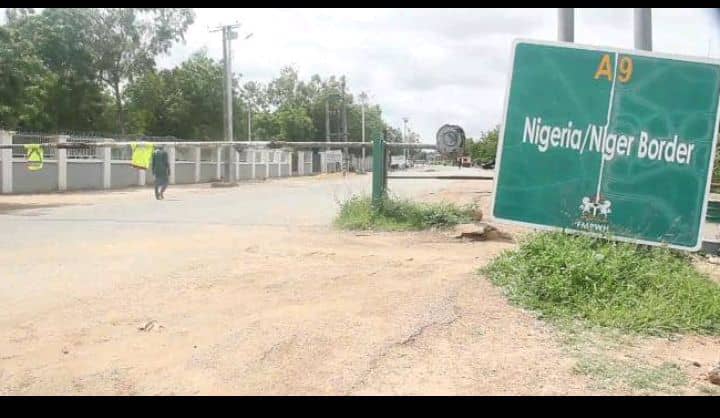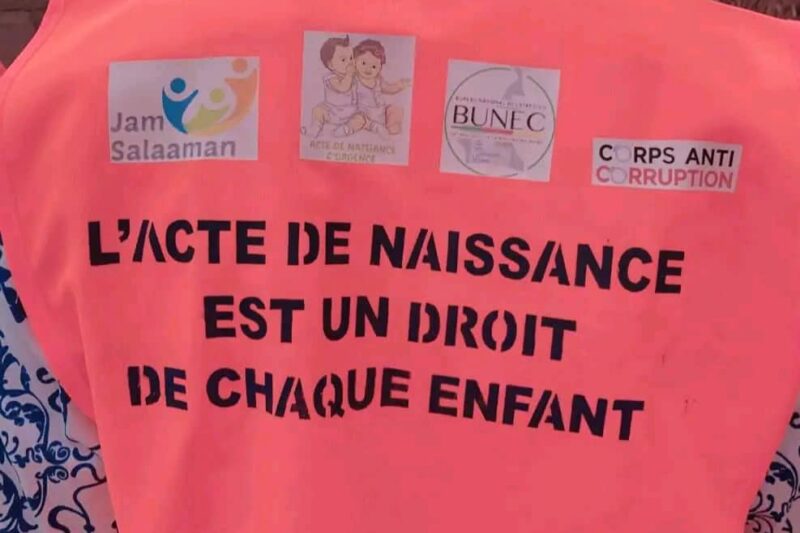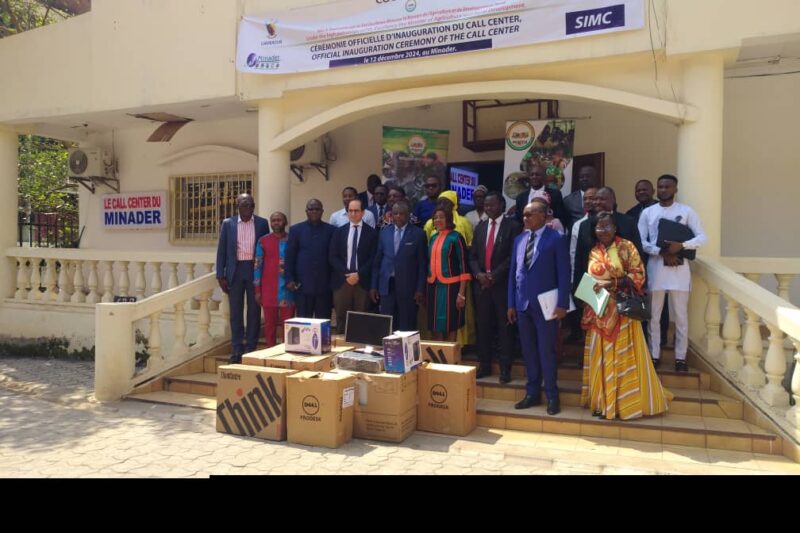Exit of Mali, Niger and Burkina Faso from Economic Community of West African States leaves citizens in those countries and Nigeria with concerns about how the withdrawal will affect relationships.
The Economic Community of West African States (ECOWAS) has officially approved the withdrawal of three military-led countries from the regional bloc – but has given them six months to reconsider.
Mali, Burkina Faso and Niger – founding members of ECOWAS – plan to leave the regional grouping in January next year.
At the end of a ECOWAS Commission meeting in Abuja, Nigeria, on Sunday, December 15, leaders said they respected the three Sahel countries’ decision to leave but offered a transitional period of six months. During this time – from January 29 and July 29 – they can be readmitted to the bloc should they change their plan to leave.
ECOWAS is a regional and political union of 15 West African countries formed in 1975. Its goals are to promote economic cooperation and integration across the region, raise the living standards of its peoples, enhance stability and foster relations among member states.
Citizens of ECOWAS countries have the right to live and work in all member states and goods can circulate freely.
Burkina Faso, Mali and Niger told ECOWAS in January this year that they would leave the bloc in a year. Relations between the bloc and the three countries has been strained after military coups took place in Niger in 2023, Burkina Faso in 2022 and Mali in 2020.
ECOWAS condemned the coups and suspended their membership, hoping they would restore civilian rule. That did not happen.
In September last year, the three countries signed a mutual defence pact known as the Alliance of Sahel States (AES), the aim of which is to help one another against possible threats of armed rebellion or external aggression.
They said: “Any attack on the sovereignty and territorial integrity of one or more contracted parties will be considered an aggression against the other parties. It binds the three countries to work to prevent or settle armed rebellions.”
The decision to approve the countries’ exit from the bloc but to give them six months to reconsider was seen as a last-ditch effort to dissuade them from leaving.
ECOWAS Commission president Omar Alieu Touray said the three countries would formally cease to be members of ECOWAS on January 29, 2025. However, the regional bloc would keep its door open for the countries to reconsider their decision until July 29, 2025.
He described the exit as “disheartening”.
The three states met on Friday, December 13, in Niger’s capital, Niamey, and said in a joint statement that their decision was “irreversible”.
However, Mali’s military ruler, Assimi Goïta, said the right of ECOWAS citizens to “enter, circulate, reside, establish and leave the territory” of the new bloc would be maintained, a move seen as the three countries wanting to maintain good relations, despite quitting the bloc.
The three nations said their territories would remain visa-free for all ECOWAS citizens post-exit.
Babagana Modu Aji, a political analyst in Maiduguri, Borno State in Nigeria’s northeast, told RNI that it was clear that Mali, Burkina Faso and Niger had different opinions and interests from those held by the rest of the ECOWAS member states and that was why they wanted to exit.
He said their exit, although a blow to regional unity and efforts to boost economic and security cooperation, would not have a grave effect on the group economically. “Between 75% to 80% of the economic budget of ECOWAS comes from Nigeria.
“The only effect this will have is on the neighboring relationship the three countries share with Nigeria.
“Their exit from ECOWAS will affect the donations and help rendered to them by Nigeria and other countries, which will come to a halt.”
Aji emphasised the potential impact on the countries themselves.
“When the opinions and interests are similar, unity is given a chance. But when there are no matches of interests or opinions, relationships will weaken and fail.
“Their withdrawal means they lose access to the support and resources ECOWAS provides, including economic aid and development programmes. However, if the three juntas succeed in expanding their new alliance, which includes discussions about bringing Guinea Bissau and Chad on board, they might win back some of their losses.
“If the system of the government changes from military junta in the three countries to democracy, there is high possibility they will return to ECOWAS.”
Babagana Bulama, a Nigerien in Diffa, told RNI that he was against Niger’s withdrawal from the regional bloc.
“ECOWAS supports the masses. So, the exit of these three countries is going to affect their populations. It is probable that there will be negative implications.”
However, Nigerien Ali Gapchia said he preferred military rule.
“It is better than the previous democratic governments because the military governments in all the three countries have embraced the masses – all civilians. They consider their people when making decisions.”
Nigerian Bulama Bukar said he was “okay” with the exit of the three countries from ECOWAS as long as it did not affect the relationship Nigeria shares with them.
“Their opinions differ from that of the regional group. I am okay with their exit. I just hope it will not have a negative effect on the relationship shared between Nigeria and the three neighbouring countries.”
AYSHA MUSTAPHA KOLOMI










Laisser un commentaire